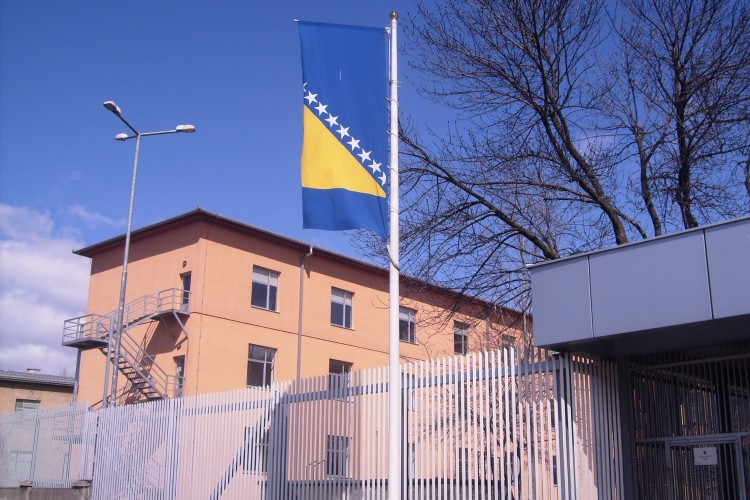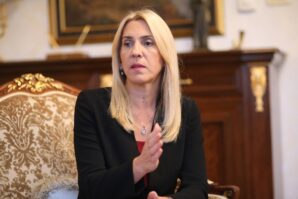Can you make a difference in the lives of people affected by war?
The United Nations Development Programme (UNDP) in Bosnia and Herzegovina is now issuing a challenge to find a renewable energy solution capable of providing off-grid power to cover the needs of an average war-returnee family in rural Bosnia and Herzegovina.
Since the end of the war in Bosnia and Herzegovina in 1995, more than one million out of 2.2 million persons displaced during the war have returned to reclaim their lives.
For most of them, houses have been reconstructed and normal living conditions restored, but pstill more than 3,000 families in the most remote rural areas lack access to power. With the fast-declining funding for returnees, there is little hope that the grid will be extended to their villages; in most cases such an investment is not even economically justified.
Life without electricity
In 1995, 78-year old Milos Bosnjak’s family – his son and daughter in law, with two grandsons – fled their homes and the carnage of war. While their house has been reconstructed, they still have no access to electricity. They cannot refrigerate their food or illuminate their home. They feel completely disconnected from the rest of the world.
They own a cow, one calf and 163 sheep. But without electricity they cannot store and refrigerate milk, nor produce cheese to generate income. Milos’ grandson, who is a big football fan, can’t watch TV at home. He already dreams of living in the city, where he can watch his favourite champions league teams.
Design and develop a sustainable, cost-effective solution for a standalone, off-grid renewable energy supply that can produce an average of 1,25 kWh and 120 litres of hot-water a day, to cover the needs of an average returnee family in rural areas of Bosnia and Herzegovina that will not cost more than €5.000.
The winner will receive a $20,000 cash prize. In addition, UNDP in Bosnia and Herzegovina will pilot the winning solution in a rural area for up to 50 returnee families in 2013.
Furthermore the winning solution might be replicated in other parts of the world to produce off-grid renewable energy for refugees and returnees. The market potential for the challenge prize winner is significant.
Deadline for entry: 12 p.m. , Wednesday 1 May, 2013
Contact short-listed: 12 p.m. , Friday 31 May 2013
Confirmation of the winner: Summer 2013
The challenge is open to anyone (18+ age) who can engineer a complete solution, produce it in sufficient quantities and deliver it within the expected timelines.
– Cost of the solution (all costs including manufacturing, delivering and installation of the system)
– To what extent does the energy produced meet the estimated needs of the average beneficiary family
– Average running costs for the end user
– Estimated maintenance costs for the end user
– Simplicity of installation, maintenance and usage; replication potential
– The quality of the instruction manual provided to the end user
– Potential for cost saving if applied as a community-based solution
From: http://www.nesta.org.uk/home1/assets/features/undp_prize
















Speking about the UNDP which is the branch of the United Nations, means that we are speaking about one really successul international organization, led by globally important states. Considering this, it is essential for Bosnia to support and do it best to succesully implement the previously mentioned project. Implementing it will bring a welfare to Bosnia, but in the first place to refugees which came back to Bosnia